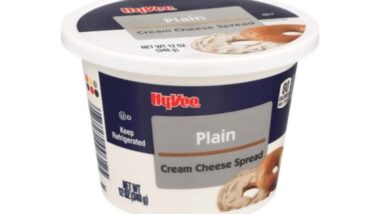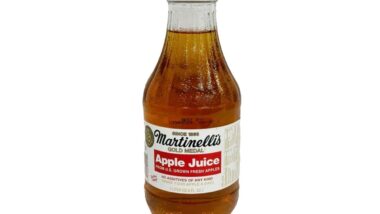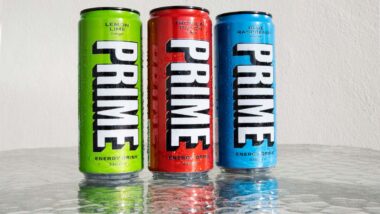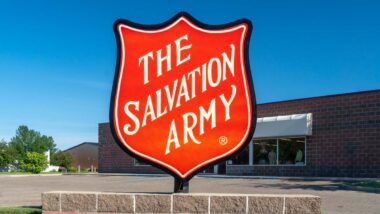
Drinking water contamination class action lawsuit overview:
- Who: A group of public water systems filed a class action lawsuit against Tyco Fire Products LP and Chemguard Inc.
- Why: The public water systems claim Tyco and Chemguard knowingly contaminated U.S. public drinking water systems with per- and polyfluoroalkyl substances (PFAS) through their manufacturing of aqueous film-forming foam.
- Where: The class action lawsuit was filed in South Carolina federal court.
Tyco Fire Products LP and Chemguard Inc. knowingly contaminated public drinking water systems around the country with per- and polyfluoroalkyl substances (PFAS), a new class action lawsuit alleges.
A group of public water systems claim the public drinking water contamination stems from Tyco and Chemguards’ manufacturing of aqueous film-forming foam (AFFF), which is used to combat fires.
“Defendants elected to develop, manufacture, formulate, distribute and sell their AFFF products containing PFAS, thereby placing profits over human health and the environment,” the drinking water contamination class action states.
The public water systems want to represent a nationwide class of public water systems with one or more impacted water sources as of May 15, 2024.
Tyco knew about threat PFAS posed to public drinking water systems, class action claims
The public water systems argue Tyco and Chemguard (Tyco acquired Chemguard in 2011) knew about the threat the PFAS in their AFFF posed to public drinking water systems and the public.
“Defendants were aware that the PFAS in their AFFF are toxic, bioaccumulative, do not biodegrade, move readily through soil and groundwater and pose a significant risk to human health and safety,” the class action states.
The public water systems claim Tyco and Chemguard are guilty of trespass, public and private nuisance, strict liability via design defect and failure to warn and negligence via failure to recall, failure to warn and design defect.
The plaintiffs demand a jury trial and request an award of statutory and compensatory and/or consequential damages for themselves and all class members.
In other PFAS-related news, the Environmental Protection Agency finalized first-of-their-kind regulations earlier this month for PFAS in drinking water.
Have you been injured by PFAS in your drinking water? Let us know in the comments.
The water systems are represented by Michael A. London of Douglas and London PC, Paul J. Napoli of Napoli Shkolnik PLLC, Scott Summy of Baron & Budd, P.C. and Joseph Rice of Motley Rice LLC.
The drinking water contamination class action lawsuit is City of Camden, et al. v. Tyco Fire Products LP, et al., Case No. 2:24-cv-02321, in the U.S. District Court for the District of South Carolina.
Don’t Miss Out!
Check out our list of Class Action Lawsuits and Class Action Settlements you may qualify to join!
Read About More Class Action Lawsuits & Class Action Settlements:














